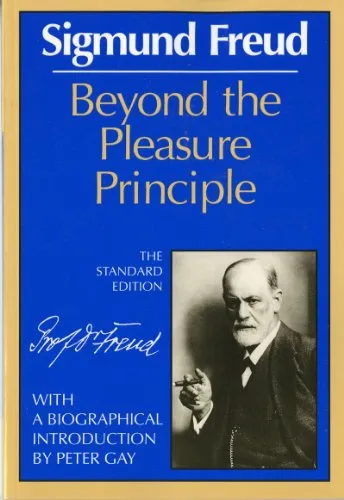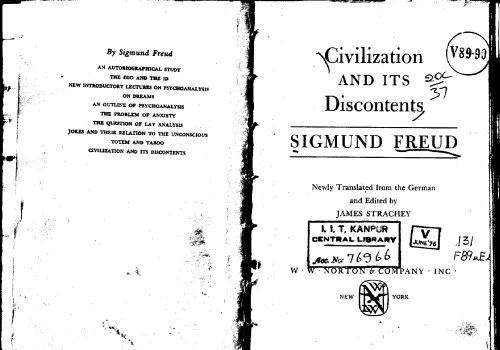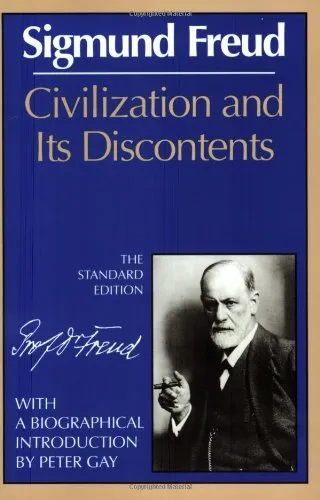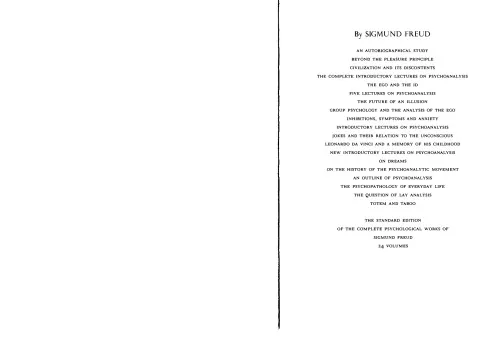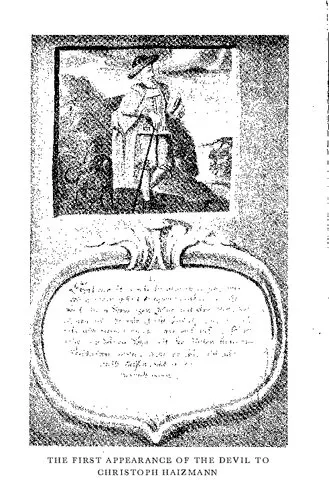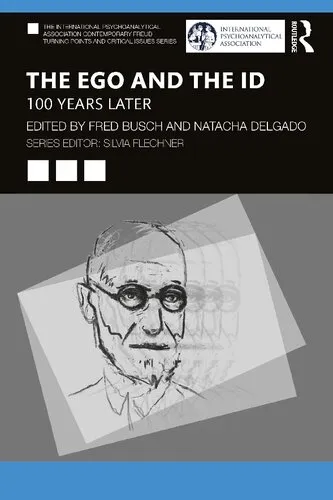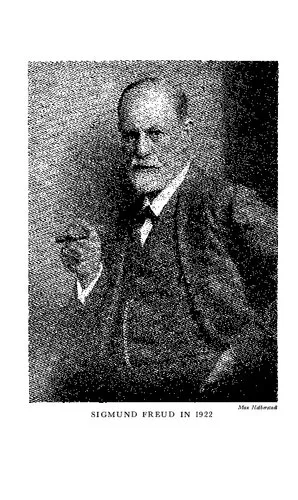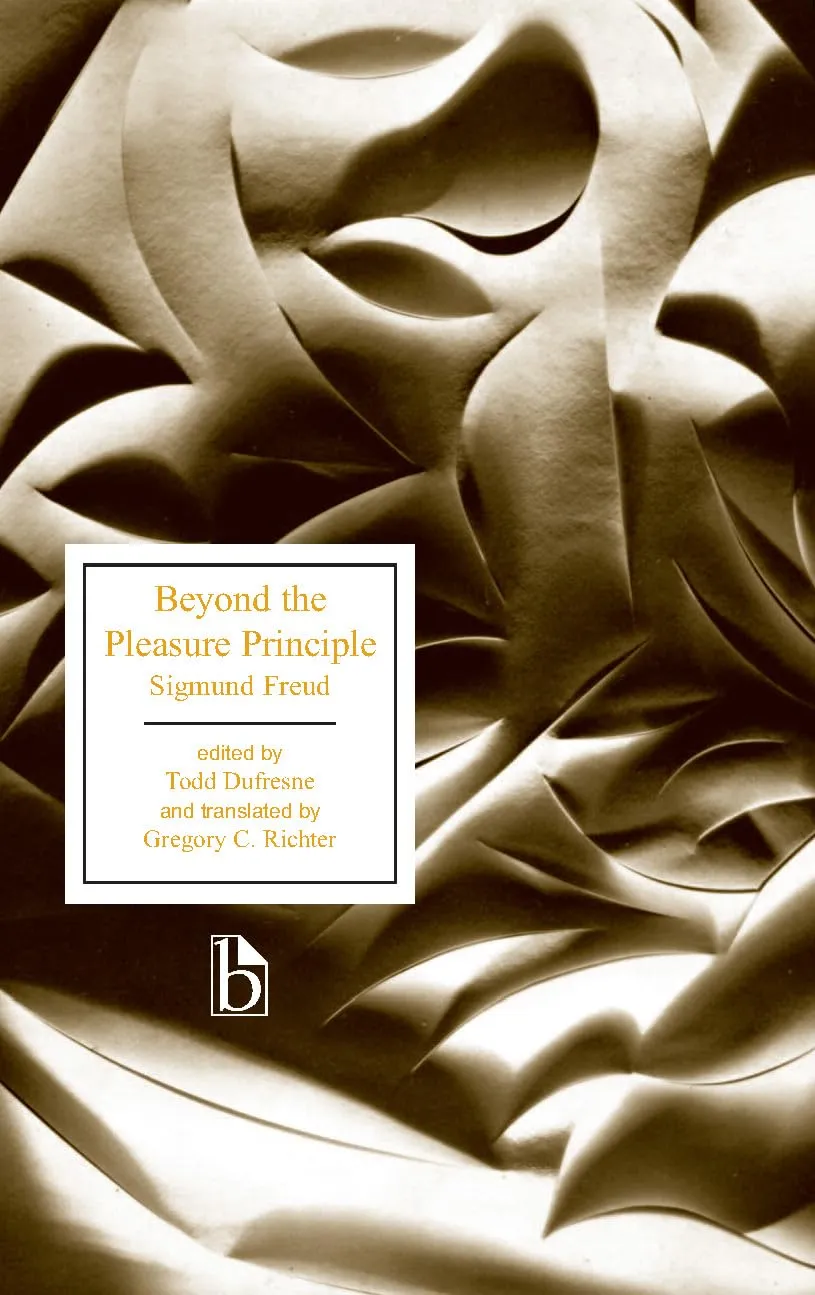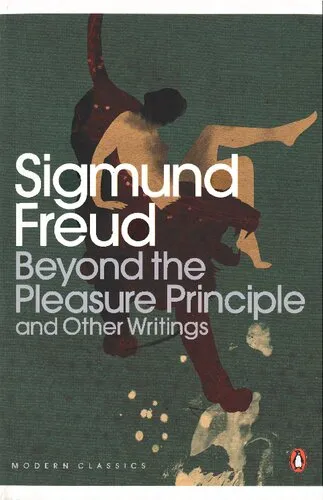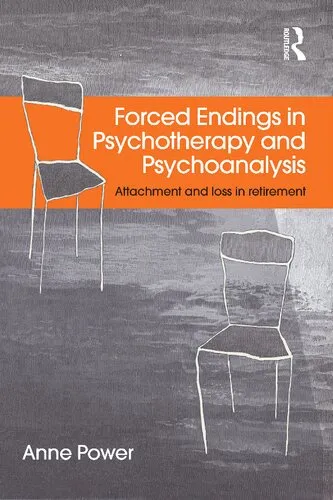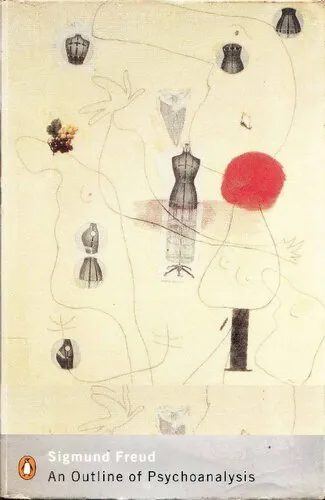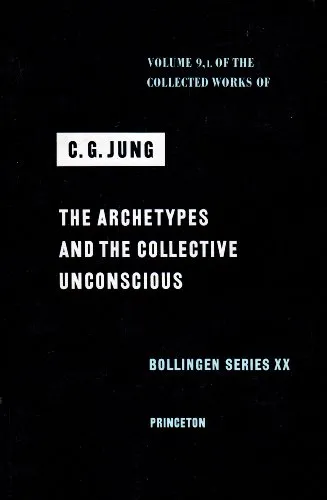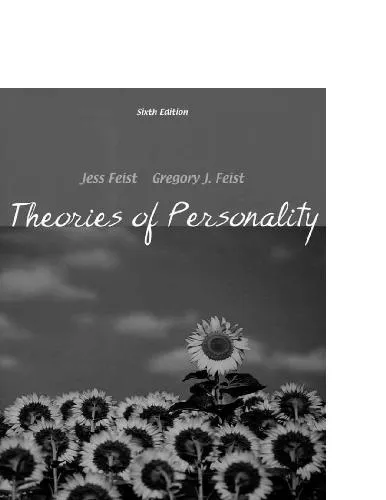Beyond the Pleasure Principle
4.2
بر اساس نظر کاربران

شما میتونید سوالاتتون در باره کتاب رو از هوش مصنوعیش بعد از ورود بپرسید
هر دانلود یا پرسش از هوش مصنوعی 2 امتیاز لازم دارد، برای بدست آوردن امتیاز رایگان، به صفحه ی راهنمای امتیازات سر بزنید و یک سری کار ارزشمند انجام بدینکتاب های مرتبط:
معرفی کتاب 'Beyond the Pleasure Principle'
کتاب 'Beyond the Pleasure Principle' اثر زیگموند فروید، یکی از برجستهترین روانکاوان تاریخ و بنیانگذار مکتب روانکاوی است. این کتاب به بررسی نظریههای بنیادی فروید درباره نیروهای روانی که رفتار انسان را شکل میدهند، میپردازد. فروید در این کتاب بهدنبال پاسخ به این پرسش است که آیا زندگی انسان تنها به دنبال لذت و اجتناب از درد است، یا نیروهای دیگری نیز در کار هستند که بر زندگی انسان تأثیر میگذارند.
خلاصهای از کتاب
کتاب 'Beyond the Pleasure Principle' برای نخستینبار در سال 1920 منتشر شد و یک نقطه عطف در تفکر فرویدی به شمار میرود. فروید در این کتاب به مفهوم نیروهای روانی که فراتر از جستجوی لذت و پرهیز از درد عمل میکنند، میپردازد. او مفهوم Death Drive را معرفی میکند که نشان دهنده گرایش به سمت وضعیت اولیه بیتحریکی و حالت ناشی از مرگ است. علاوه بر لذت، فروید این نیرو را به عنوان دلیل تکرار رفتارهای مخرب یا واپسرفت در افراد معرفی میکند. او ادعا میکند که پدیدههایی مانند تروما، تأثیراتی کاملاً متفاوت از لذت و درد به روان انسان وارد میکنند.
نکات کلیدی
- مفهوم Pleasure Principle و چگونگی نقش آن در هدایت رفتارهای انسان.
- معرفی نیروی Death Drive و تأثیر آن بر رفتار انسان.
- نقد و بررسی تئوریهای موجود و ارائه نظریات جایگزین درباره نیازها و امیال انسانی.
جملات معروف از کتاب
فروید با بهچالش کشیدن نظریه Pleasure Principle، ناخواسته پنجرهای به سوی درک پیچیدگیهای بیشتر روان انسان گشود.
چرا این کتاب مهم است؟
کتاب 'Beyond the Pleasure Principle' بهدلیل تلاش فروید در گسترش مرزهای روانکاوی و معرفی مفاهیم جدیدی مانند Death Drive، اهمیت ویژهای دارد. این کتاب نشاندهنده حرکت فروید از تئوریهای اولیه به سمت مفاهیم پیچیدهتر و چندلایهتر درباره روان انسان است. او به بررسی عمیقتر رفتارهایی میپردازد که در بستر نظریات سادهنگر Pleasure Principle قابل توضیح نیستند. این اثر نهتنها تأثیر عمیقی بر روانکاوی گذاشته، بلکه بر دیگر شاخههای علوم انسانی و اجتماعی نیز تأثیر گذاشته است.
Introduction to "Beyond the Pleasure Principle"
Sigmund Freud's "Beyond the Pleasure Principle" is a seminal text in the realm of psychoanalysis, where Freud ventures into the complexity of human behavior by moving beyond his earlier focus on the pleasure principle. Published in 1920, this work marks a pivotal point in Freudian thought, challenging and expanding upon his previous theories about the human psyche.
Detailed Summary of the Book
In "Beyond the Pleasure Principle," Freud introduces a critical examination of human behavior through the lens of psychoanalysis, questioning his earlier notion that human actions are primarily driven by the pursuit of pleasure and the avoidance of pain. In the book, Freud posits that there is another, often overlooked, principle at work: the death drive, or "Thanatos." He proposes that this instinct works in tandem with Eros, the life drive, creating a duality that influences human consciousness and behavior.
Freud delves into his observations of repetitive behavior and trauma, arguing that these phenomena cannot be solely explained by the pleasure principle. He presents case studies and reflections on war neuroses, child development, and repetitive dreams to illustrate how an inherent compulsion to repeat past experiences might indicate a subconscious desire for a return to a more primordial state of being.
This book is, therefore, a key text in understanding the expanded framework of Freudian psychology, wherein Freud postulates that human life is a battlefield of opposing forces: life and death, creation and destruction, helping to shape our understanding of psychological drives and human nature.
Key Takeaways
- Freud introduces the concept of the death drive, which contrasts with the previously acknowledged pleasure principle, suggesting that our behaviors are motivated by both our instinctual drives for pleasure and an unconscious urge towards destruction.
- The compulsion to repeat, seen in traumas and dreams, challenges the supremacy of the pleasure principle by illustrating behaviors not aimed at achieving pleasure but tied to an instinctual energy for repetition regardless of discomfort.
- Freud's theories laid in "Beyond the Pleasure Principle" paved the way for later developments in psychoanalysis, influencing existential and developmental psychology, as well as broadening the understanding of human motivation and the psyche's complexity.
Famous Quotes from the Book
"What we are left with is the notion of a ‘compulsion to repeat’—something that seems more primal, more fundamental than the pleasure principle."
"Unmistakably present in all living things, the tendency to return to the ancestral state—that state from which an organic being emerged."
Why This Book Matters
"Beyond the Pleasure Principle" is significant as it marks a crucial turn in Freudian theory from a simplistic hedonistic viewpoint to a more nuanced exploration of human behavior. By acknowledging the dual instincts of Eros and Thanatos, Freud offers profound insights that have enduring relevance in understanding human psychology and pathology.
This book matters because it expands the scope of psychoanalytic theory, influencing succeeding generations of thinkers seeking to unravel the complexities of human nature. It challenges readers to consider the deeper, often darker, motivations that lie beneath our conscious intentions and actions, ultimately offering a richer, more complex understanding of the self and the inherent contradictions of the human condition.
دانلود رایگان مستقیم
شما میتونید سوالاتتون در باره کتاب رو از هوش مصنوعیش بعد از ورود بپرسید
دسترسی به کتابها از طریق پلتفرمهای قانونی و کتابخانههای عمومی نه تنها از حقوق نویسندگان و ناشران حمایت میکند، بلکه به پایداری فرهنگ کتابخوانی نیز کمک میرساند. پیش از دانلود، لحظهای به بررسی این گزینهها فکر کنید.
این کتاب رو در پلتفرم های دیگه ببینید
WorldCat به شما کمک میکنه تا کتاب ها رو در کتابخانه های سراسر دنیا پیدا کنید
امتیازها، نظرات تخصصی و صحبت ها درباره کتاب را در Goodreads ببینید
کتابهای کمیاب یا دست دوم را در AbeBooks پیدا کنید و بخرید
